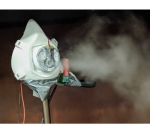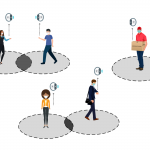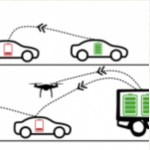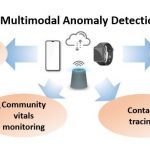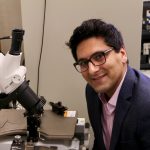Members of the Warren B. Nelms Institute for the Connected World have put smart connected systems into use to monitor, detect, and prevent the spread of infection – the ADAPT smart mask – aims to extend the functions of a traditional mask to render stronger protection.
ADAPT Smart Mask – A Wearable Protective Device that Goes After the Virus
